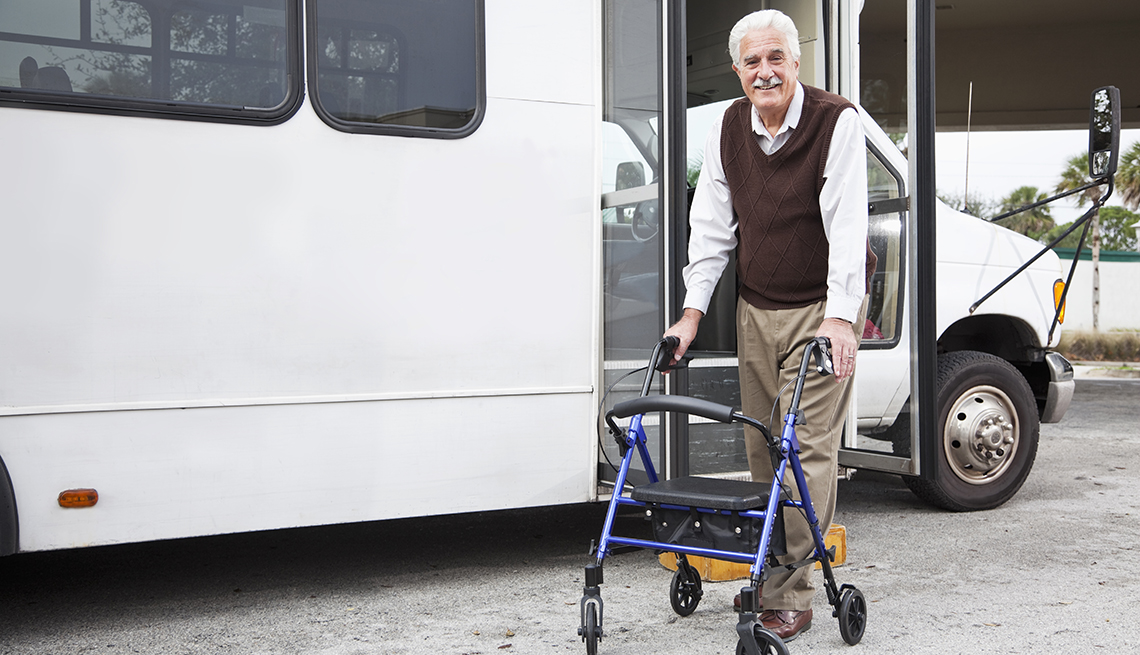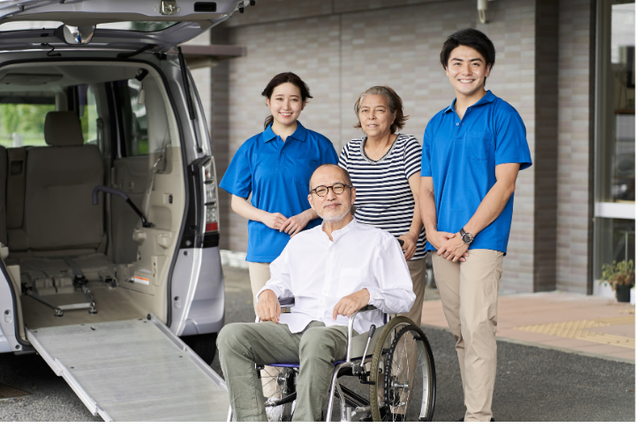Enhance Ease Of Access with Expert Medical Transportation Services Near Me
Enhance Ease Of Access with Expert Medical Transportation Services Near Me
Blog Article
Accessible and Affordable Medical Transport Options for Seamless Health Assistance
In the world of healthcare, the availability and cost of clinical transportation are paramount in making sure individuals can access the care they require when they require it. The ability to flawlessly navigate transport choices can dramatically affect an individual's ability to obtain timely medical interest, follow-up care, and total wellness. From non-emergency clinical transportation solutions to innovative remedies like telehealth, the landscape of medical transport is evolving to fulfill the diverse requirements of people. Thinking about the importance of this element in medical care shipment, discovering the array of choices readily available ends up being vital for resolving gaps in availability and affordability.
Non-Emergency Medical Transportation Services

These services are staffed by skilled specialists that prioritize patient comfort and safety and security throughout transportation. Chauffeurs are outfitted to handle individuals with differing clinical needs and ensure that all journeys are stress-free and smooth - Medical Transportation Services Near Me. Additionally, non-emergency medical transport solutions commonly utilize specialized vehicles that are wheelchair-accessible, making them suitable for a broad range of clients with different flexibility requirements
Volunteer Vehicle Driver Programs
Volunteer motorist programs contribute in giving transport assistance for people seeking non-urgent treatment. These programs rely upon the generosity of volunteers who donate their time and vehicles to aid transport clients to and from medical visits. By making use of volunteer drivers, companies can supply a cost-effective remedy for people that might not have access to reputable transportation.
Among the crucial benefits of volunteer motorist programs is the individualized care and focus that individuals get. Unlike conventional transport solutions, volunteer vehicle drivers usually establish a rapport with the people they assist, developing a encouraging and thoughtful atmosphere throughout what can be a stressful time. In addition, volunteer driver programs can aid link the space for people residing in underserved or rural areas where public transport choices might be limited.
Mass Transit Options

Among the key advantages of public transport is its widespread schedule in country and urban areas alike. This considerable network allows people from diverse backgrounds to take a trip to clinical appointments with family member ease. Furthermore, public transport systems are usually furnished to suit people with impairments, providing obtainable traveling options for those with flexibility challenges.

Ride-Sharing and Transport Network Companies
The evolution of modern transportation choices for clinical objectives extends beyond traditional public systems like buses and trains to encompass anchor the innovative world of ride-sharing and transport network firms. Ride-sharing solutions such as Uber and Lyft have reinvented the method people travel to clinical appointments, providing comfort and adaptability to individuals who might not have access to their vehicles or typical public transportation. These systems enable users to ask for a ride with the touch of a switch on their mobile phones, offering door-to-door service that can be particularly advantageous for people with movement obstacles or those needing support.
Transportation network firms (TNCs) have actually additionally played a substantial function in bridging the void in medical transport services. Companies like Veyo and RoundTrip focus on non-emergency clinical transportation, dealing with people that require a higher degree helpful during their trips to clinical facilities. By partnering with doctor and insurance companies, TNCs make sure that patients can access prompt and trustworthy transport services, inevitably adding to boosted health end results and client fulfillment.
Telehealth and Online Consultations
Enhancing medical care ease of access and ease, telehealth and virtual examinations have actually become pivotal elements in modern-day clinical practices, reinventing the way individuals interact with doctor. Telehealth leverages modern technology to facilitate remote communication in between patients and health care specialists, offering a vast range of solutions such as digital examinations, remote surveillance, and digital prescriptions. Virtual assessments allow individuals to look for medical recommendations, medical diagnosis, and therapy from the convenience of their homes, removing the need for physical visits to medical care centers. This strategy not just conserves time and reduces transportation costs for people but likewise improves the general effectiveness of health care shipment.
Additionally, telehealth plays an important function in prolonging medical solutions to underserved neighborhoods, rural locations, and individuals with minimal mobility. By damaging down geographical barriers and increasing medical care outreach, telehealth promotes very early treatment, continuity of care, and patient involvement. As innovation proceeds to development, telehealth is poised to play an increasingly substantial duty in shaping the future of medical care shipment, cultivating enhanced health results and individual satisfaction.
Conclusion

From non-emergency clinical see page transportation solutions to cutting-edge remedies like telehealth, the landscape of medical transport is progressing to meet the diverse needs of people.Non-Emergency Medical Transportation Services facilitate the prompt and safe transport of individuals needing non-urgent medical pop over to this web-site care to and from healthcare facilities.The evolution of contemporary transport options for medical objectives extends past conventional public systems like trains and buses to encompass the ingenious world of ride-sharing and transport network firms.Transportation network business (TNCs) have actually also played a substantial role in connecting the void in medical transportation solutions. Non-Emergency Medical Transport Services, Volunteer Motorist Programs, Public Transportation Options, Ride-Sharing and Transportation Network Firms, and Telehealth and Virtual Consultations all play a vital role in dealing with transport obstacles to healthcare access.
Report this page